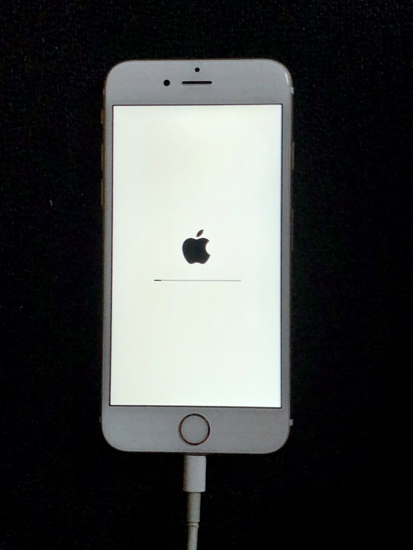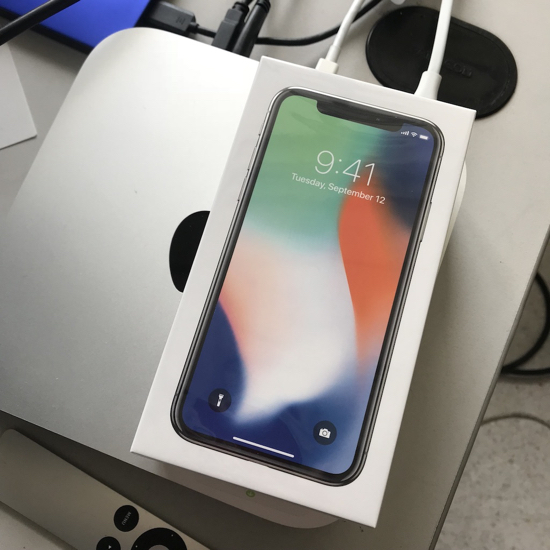|
|
Cassandra: To help or to hinder - Apple and the Balance of Battery TechnologyBy Graham K. Rogers
This all played right into the hands of the Apple haters; but it was not really as simple as penalising users for staying with older phones as many claimed. It was an Apple decision on how they thought batteries on older devices should be managed, but not everyone wants this. I would have thought that on an older device, where features are restricted anyway after model and processor updates, improving battery life was more of a way to help users to continue to use their phones, rather than pushing them to buy new ones.

These devices are already running in a limited way, with earlier generations of A-series processors, and are unable to access certain features. A fairly recent update to iOS helped extend the time a battery could be used, but at the expense of power. This performance throttling is relatively new which, is not what some want to believe. That secrecy aspect is not as cut and dried as some want to believe either as this was out in the open months ago. Rene Ritchie reported in a Tweet,
Apple did in-depth briefings on it almost a year ago explaining how batteries age (including prematurely), what was being done to prevent spikes and shut downs, etc. Tech press knew. He adds, "In hindsight, the power management is either overly aggreesive or notification overly passive." Needless to say that thread, and most others turned into slanging matches: Apple Bad, Apple Good. I would like to see what the reaction would be if Apple did nothing: how are they managing this over at Samsung or Huawei for example? Have a look at this February article from Rene Ritchie (iMore): Apple and iOS 10.2.1 address unexpected shutdowns on iPhone 6, iPhone 6s.
Remember that new electrical vehicles will experience similar problems over time. A colleague looked at the BMW electrical cars and was put off by the replacement cost (30% of the initial car price, which will be about 3 million baht) after 5 years. Most buyers of these, of course, will have sold them on after a couple of years so will never have to shell out such fees: but someone may in the future. Let's hope that BMW can produce an update that extends that life. One comment cleverly made a comparison to the replacement of tyres on cars. There is little that a manufacturer can do to extend (or shorten) the life of tyres and handset makers are similarly hampered: the technology to prevent the deterioration of batteries just does not exist. Apple's decision to extend usage hours at the expense of power is a solution that will work for some; but the point that a decision was made is lost on some. At the time I am writing, at least 3 lawsuits are in process (Juli Clover, MacRumors). Think about that: a class action lawsuit for a 2-year old phone because the manufacturer tried to assist. Those cheapskate, lawyer-happy users could have solved the problem themselves by buying a new battery.
See also:
Graham K. Rogers teaches at the Faculty of Engineering, Mahidol University in Thailand. He wrote in the Bangkok Post, Database supplement on IT subjects. For the last seven years of Database he wrote a column on Apple and Macs. After 3 years writing a column in the Life supplement, he is now no longer associated with the Bangkok Post. He can be followed on Twitter (@extensions_th) |
|


 Most iPhone 6s handsets are a couple of years old which means the battery is reaching an age when it needs replacing; or the user accepts that the time between charges is less; or a charger is carried. Few will take the first (and most effective) option and this seems to be what Apple has responded to, but with two errors in the eyes of some: it was not publicised; and users had no choice.
Most iPhone 6s handsets are a couple of years old which means the battery is reaching an age when it needs replacing; or the user accepts that the time between charges is less; or a charger is carried. Few will take the first (and most effective) option and this seems to be what Apple has responded to, but with two errors in the eyes of some: it was not publicised; and users had no choice.
 The main theme seems to be that Apple does this to spur users to buy new iPhones, although doing nothing would make more sense here; and Apple does still sell the iPhone SE, iPhone 6s and other models in certain markets, so why bet against itself? Those buying (say) the iPhone 6s are not in the same demographic as iPhone X buyers like me. I just bought an iPhone 6s as a New Year present and the friend is loving it after a year or so limping along with an iPhone 5.
The main theme seems to be that Apple does this to spur users to buy new iPhones, although doing nothing would make more sense here; and Apple does still sell the iPhone SE, iPhone 6s and other models in certain markets, so why bet against itself? Those buying (say) the iPhone 6s are not in the same demographic as iPhone X buyers like me. I just bought an iPhone 6s as a New Year present and the friend is loving it after a year or so limping along with an iPhone 5.
